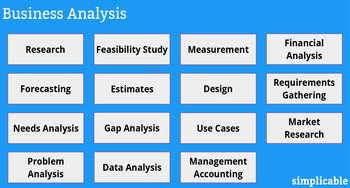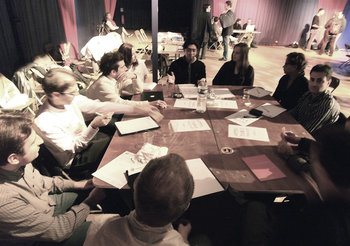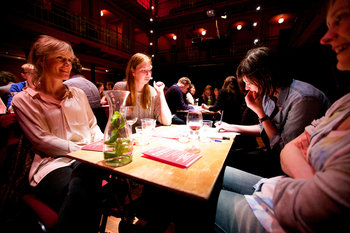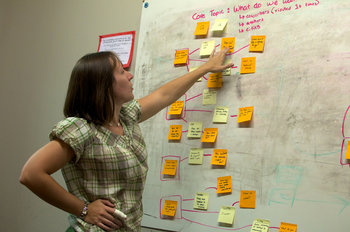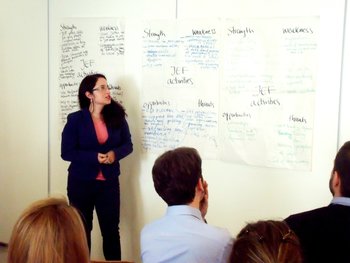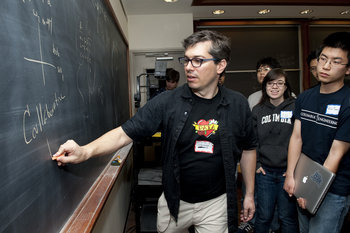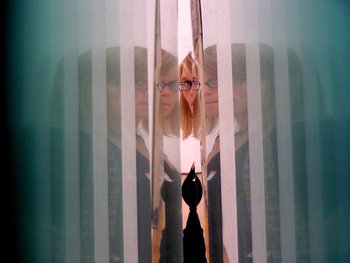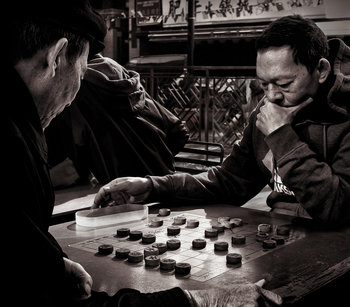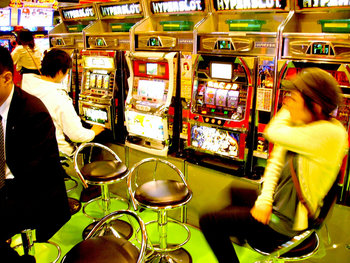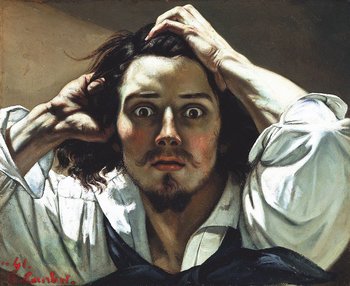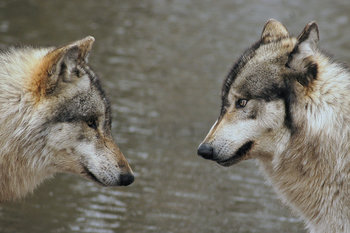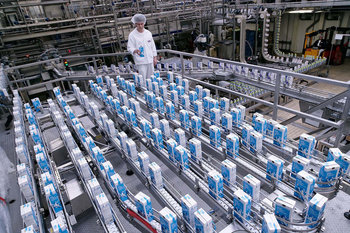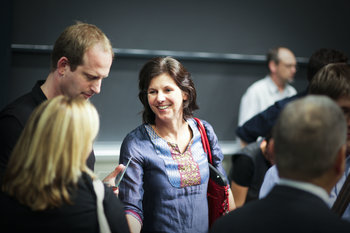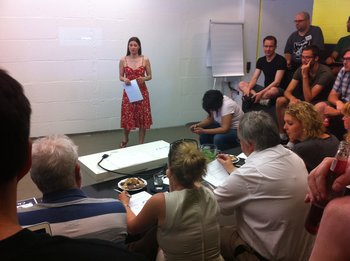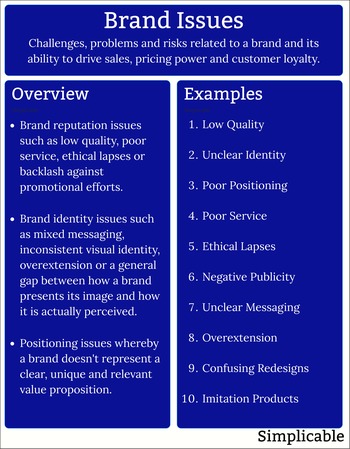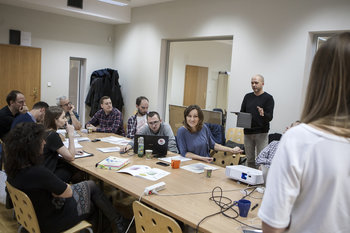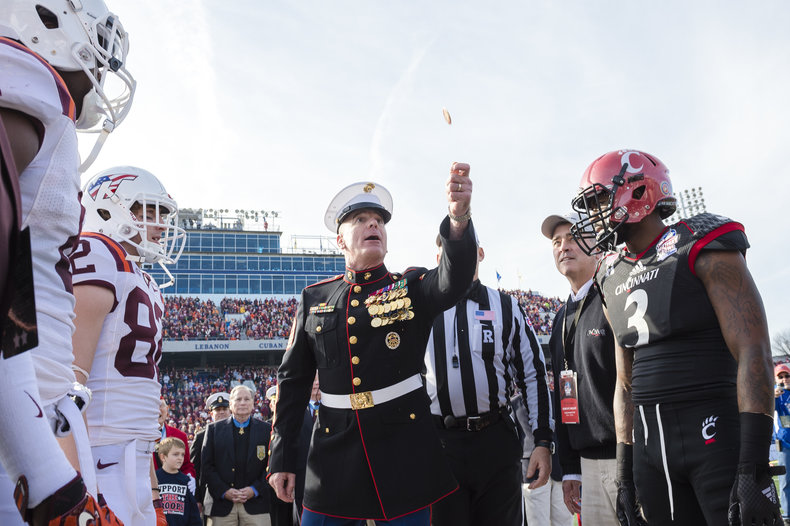
Sets
Sets with no common members are mutually exclusive. For example, the set of fruits {apple, pear, banana} is mutually exclusive to the set of vegetables {lettuce, celery, carrot}. The sets {tomato, apple, banana} and {tomato, onion, carrot} are not mutually exclusive as they share the element tomato.Probability Theory
Outcomes in probability theory are mutually exclusive if they never occur at the same time. For example, heads and tails in a coin toss.Assumptions
It is a common failure of logic to incorrectly assume that things are mutually exclusive when they are not. For example, assuming that a white person could not be Japanese (i.e. a white person born and raised in Japan).Dichotomy
Two things that are opposed and entirely different with no commonalities. For example, a species can be categorized as a vertebrate or invertebrate based on whether or not it has a backbone.False Dichotomy
A false dichotomy is the incorrect assertion that two things are mutually exclusive. For example, "you are either with us or you are against diversity."Law of Excluded Middle
The law of excluded middle is the principle that things are either true or false. This is the basis for systems of logic that can't handle grey areas. This is rarely accurate and systems of logic that can handle grey areas, such as fuzzy logic, are more useful.Decision Making
It is common to structure choices for decision making as mutually exclusive alternatives. This can be a mistake as better decisions may exist between mutually exclusive extremes. For example, a student deciding how to spend their next year may structure the choice as university, travel or work. This is an artificial constraint imposed on the choice as it may be possible to go to university part-time, work part-time and travel a little.MECE
MECE, or mutually exclusive and collectively exhaustive, is an approach to analysis that breaks things into mutually exclusive sets that fully describe a domain. For example, a list of industry categories that is carefully constructed to have no overlap such as the overlap between "restaurants" and "hospitality."| Overview: Mutually Exclusive | ||
Type | ||
Definition (1) | A state whereby one thing excludes or precludes another. | |
Definition (2) | Two sets with no common elements. | |
Definition (3) | Two events that never occur at the same time. | |
Related Concepts | ||



